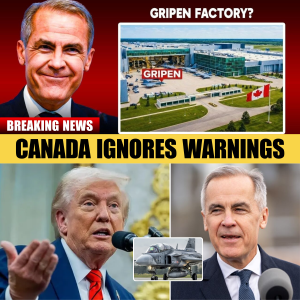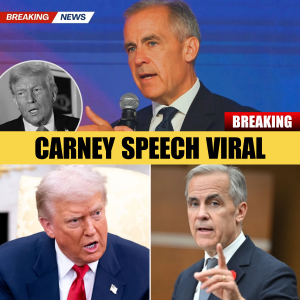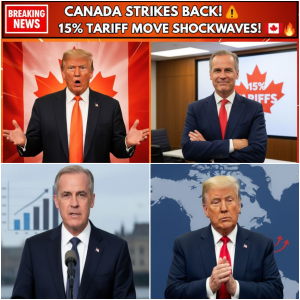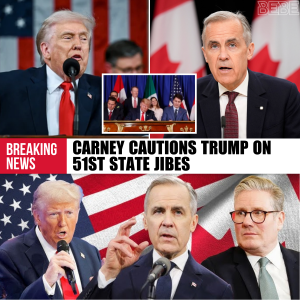In an unusual convergence of timing, Jimmy Kimmel Live! and The Late Show With Stephen Colbert delivered back-to-back monologues on Tuesday night that sharply criticized former President Donald J. Trump, igniting a wave of reactions across social media and political commentary circles. While late-night hosts have long engaged in pointed satire about Trump, the simultaneity and tone of the segments transformed what might have been a routine comedic night into a highly scrutinized cultural moment.
The incident began shortly after 11 p.m. Eastern time, when Jimmy Kimmel opened his program with a segment addressing several of Trump’s recent public comments. In a blend of humor and critique, Kimmel showcased a montage of Trump interviews before pausing dramatically and saying, “You know, sometimes he makes it too easy.” The remark, which drew laughter from the audience, was followed by a series of impressions and punchlines that circulated widely online within minutes.
Across the late-night schedule, Stephen Colbert took a sharper approach. During his monologue on CBS, Colbert dissected the same set of remarks but shifted into what viewers described as a more cutting, deliberate tone. “If we’re doing greatest hits,” Colbert said, “then let’s at least remember who pressed play.” His studio crowd reacted with a mixture of laughter, applause, and the audible shock that late-night audiences rarely voice simultaneously.
A Viral Collision of Tone, Timing and Target

What fueled the sudden virality was not merely the content of the jokes—late-night comedy has often challenged political figures—but rather the near-simultaneous airing of two segments built around the same subject. Social media users quickly stitched clips together, creating side-by-side videos that framed the moment as a coordinated “takedown,” even though there is no evidence the shows collaborated.
Within an hour, hashtags referencing the monologues trended on X, TikTok and YouTube. Some posts celebrated the segments as overdue critiques; others denounced them as biased media attacks. The polarizing nature of the reaction reflected the broader cultural fault lines that have defined American political discourse since Trump entered national politics.
“It’s not that the jokes were unprecedented,” said Dr. Hannah Alvarez, a professor of media and political communication at the University of Pennsylvania. “It’s that the country is so primed for conflict that two comedians delivering criticism on the same night can instantly seem like a cultural flashpoint.”
Trump Allies Push Back While Critics Amplify
Figures aligned with the former president quickly issued rebuttals. Several commentators on conservative media dismissed the monologues as “predictable” and “manufactured outrage,” arguing that late-night television has long abandoned political neutrality.
Supporters of the comedians, however, said the segments highlighted rhetorical inconsistencies in Trump’s recent public statements. “Comedy has always served as a corrective lens,” said Sonya Patel, a political columnist. “You don’t have to agree with every punchline to acknowledge the role of satire.”
The Trump campaign did not immediately respond to requests for comment. People close to the former president noted privately that Trump has often used late-night criticism to rally his base, framing comedians’ barbs as part of a broader media ecosystem he claims is aligned against him.
Late-Night’s Evolving Political Role

The moment reignited debate about the place of late-night television in political discourse. Once viewed primarily as entertainment, the genre has increasingly become a venue for both political critique and cultural analysis. Since 2016, hosts like Kimmel and Colbert have shifted their tone, often blending comedy with commentary in ways that blur the distinctions between journalism, satire and activism.
“Late-night comedy has become a hybrid space,” said Dr. Marcus Reed, a media historian. “It’s where many viewers first encounter political arguments—disguised as jokes, but jokes with real influence.”
Nielsen ratings showed modest bumps for both programs following the viral coverage, though analysts caution that late-night audiences have been declining overall due to shifting viewer habits and the rise of short-form video platforms.
The Public Response and What It Says About the Moment
Perhaps more telling than the monologues themselves was the speed and intensity of the public reaction. In a hyper-fragmented media environment, moments like these become Rorschach tests: supporters of Trump expressed indignation, critics expressed satisfaction, and neutral observers simply watched the spectacle unfold.
The incident also revealed the public’s continued fascination with Trump as a cultural figure, regardless of political allegiance. Even out of office, he remains a central character in the comedic and political narrative—a presence that comedians, commentators and viewers seem unable to ignore.
As the clips continue circulating, the larger significance may lie in how easily a pair of late-night jokes can ignite a nationwide discussion. Whether interpreted as catharsis, criticism, or simply entertainment, the monologues underscore a broader reality: in modern American politics, even comedy carries weight.





